Disclaimer: “Anora” is a movie that may not be suitable for viewers of all ages. Common Sense Media approximates it is appropriate for viewers age 17 and up. The film and this review contain references to drugs, alcohol, sex and graphic language.
Sean Baker’s Palme d’Or winning film “Anora” has been on my “must see” list since I saw the trailer in theaters this past spring. “Anora” is a Cinderella story gone wrong, swapping the innocent princess and gentleman-like Prince Charming with Ani, a sex worker with a thick Brooklyn accent, and Ivan, the richer-than-god Russian oligarch. The film features dazzling hues of club lights, the captivating energy of star Mikey Madison and a feeling of impending doom, all against a New York City backdrop. Social media hype and anticipation surrounding the film made the decision to see it in theaters on opening night an easy one.
The story begins with Ani hustling for cash during a regular shift, bass-dropping music and LED lighting illuminating the background of her night. The movie quickly flips to the other side of what Ani experiences, with her living a nocturnal life and going to sleep in the early morning at her home directly under the subway. When she arrives at the club the next day and is exhausted from putting on a faux “eager to please” facade, viewers see the harsh reality of how taxing sex work can be.
In a scene where her boss demands she see more customers, Ani breaks the fourth wall. She quickly reminds the audience that her job is unsafe in all aspects — she has no income stability and receives no social benefits. This moment was the first time the audience could see beyond the facade Ani has to portray to customers. I was glad to see recognition from Baker about the paradox Ani and other sex workers face. It can be an uncomfortable experience for an audience, but it is an absolutely necessary inclusion.
Being the only worker who could speak Russian, she was asked to see a group of Russian men. She then meets Ivan, a baby-faced tourist who seems to be calling the shots. He takes an immediate liking to Ani, and his blatant immaturity and awkwardness foreshadow his childish and impulsive actions later on. Ivan’s character certainly worked as comedic relief; his broken English and overzealous attitude kept me and my friends laughing throughout the film.
The pair exchange numbers, and he soon invites Ani to his house — failing to mention that it’s a gated mansion overlooking the Hudson, leaving her in pleasant shock at his wealth. Ivan is enamored with Ani’s beauty and Russian background, while she is initially unable to see him as anything more than another sexually-deprived client. The awkwardness of their initial interactions reminds the audience that the pair were virtually strangers trying to act normal about their explicit relationship. The difference in their behaviors, especially with Ani’s facial expressions, was hilarious and added extra insight into their characters.
Ivan casually mentions he will only be in the States for a few more weeks and wants to continue seeing Ani — leading him to pay over $15,000 for her company as his girlfriend. What follows is a whirlwind of drugs, sex and partying with Ivan’s friends. Here, we see snippets into Ani’s psyche, her growing enjoyment of Ivan’s company and her relief at not relying on the club for income anymore. This sequence was visually gorgeous, with great editing and cinematography and included some of my favorite scenes in from the whole film.
The turning point in the film is when Ani and Ivan got married in Los Vegas, so he could retain United States citizenship and not have to return to Russia. It was then when I began to question the truth of Ivan’s character and was really able to see how fast-paced their relationship actually was.
Trouble begins when Ivan’s guardians in the US find out about his recent rendezvous and quickly tell his parents back in Russia. It soon becomes apparent that Ivan’s family does not accept the marriage, unbeknownst to Ani. As a result, the men responsible for keeping an eye on Ivan intervene, forcing him to flee to Brooklyn. What ensues is a wild goose chase across New York to find Ivan before his parents return to the US to annul the young couple’s marriage.
Throughout the film, side characters are introduced, who take it to the next level with hilarity, moments of introspection and added depth. At some times, it felt scenes were repetitive, but, overall, it was just what the movie needed to add more action and anticipation.
Each character was expertly crafted and multi-faceted, providing the audience with laugh-out-loud moments contrasted with thoughtful introspective scenes. Viewers meet unlikely pairs and are quickly drawn into Ani’s world, filled with a childlike excitement, as she believes she is getting a once-in-a-lifetime experience, pulling her out of a toxic work environment and poverty.
One concern I had before seeing the film was the possibility of fetishizing and glamorizing the sex work profession, which, for many women, is an experience of exploitation and abuse. However, Baker and Madison avoided this trope, and it was clear they had done adequate research — Madison even hosted a screening before the release of the film exclusively for sex workers.
“Anora” provides an experience like no other. It offers unique insight into the world and experience of a sex worker whose powerful story is rarely told.
-
Story
-
Acting
-
Technical Quality
-
Enjoyment
-
Impact
Summary
“Anora” follows protagonist Ani, a sex worker from Brooklyn and her whirlwind romance fueled by drugs, partying and secrecy, with the son of Russian oligarchs, Ivan. In a Cinderella story gone wrong, “Anora” explores the intoxication of young love and the harrowing feeling when something is just too good to be true.



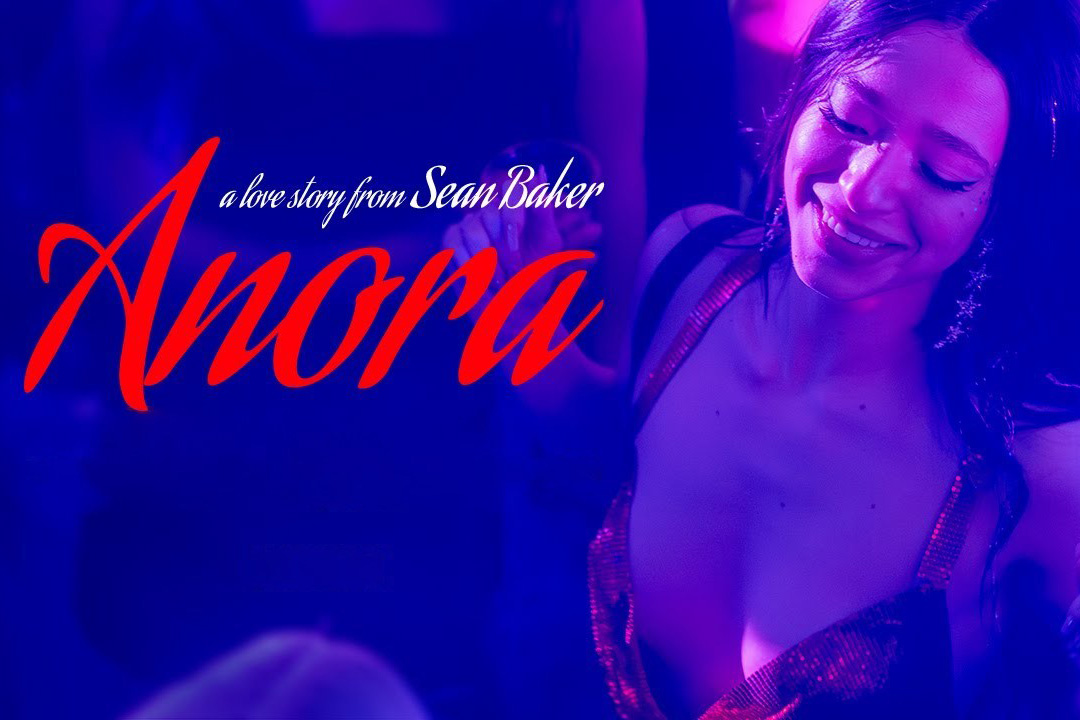

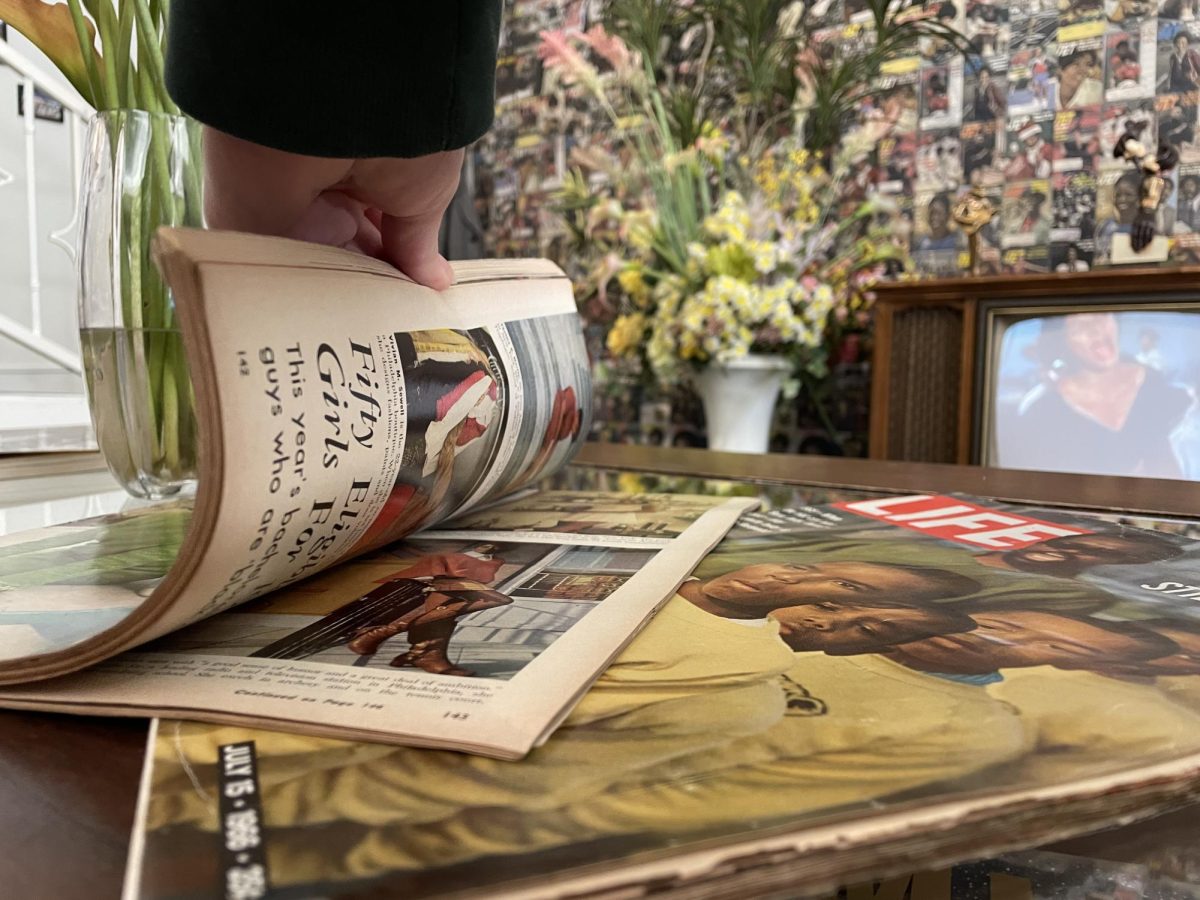
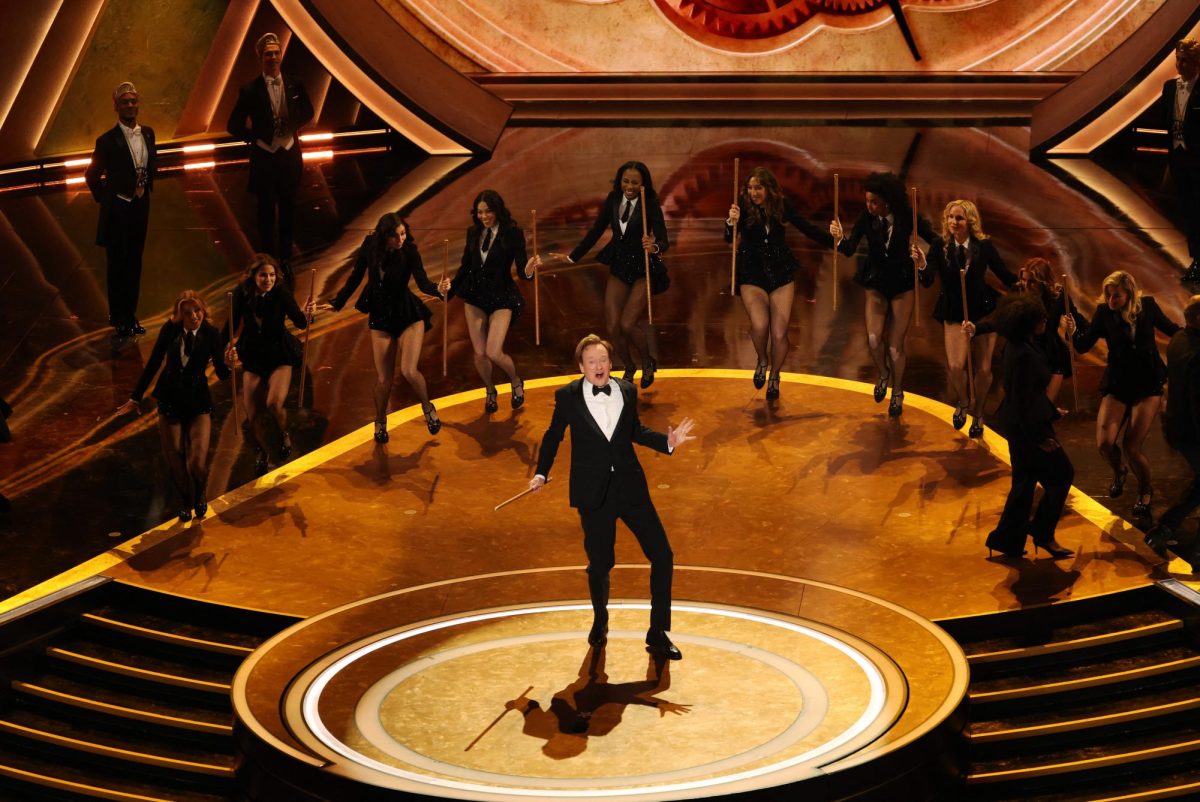


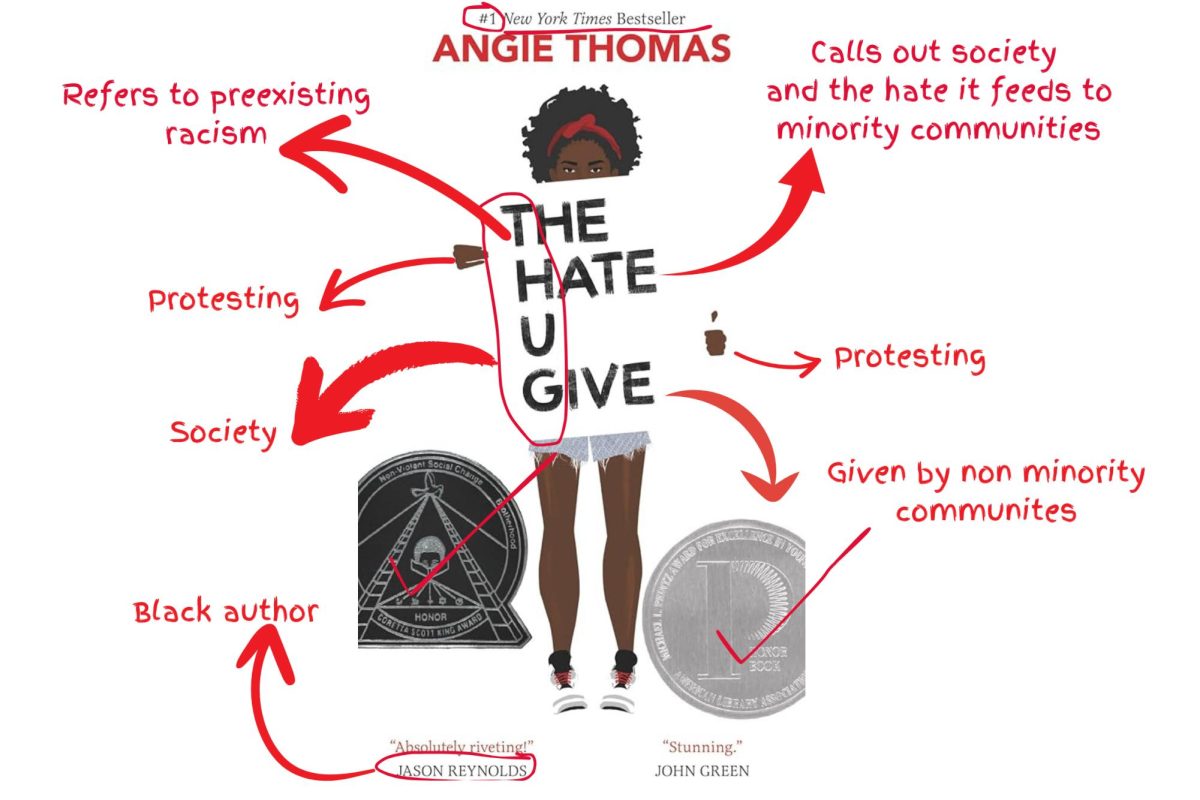



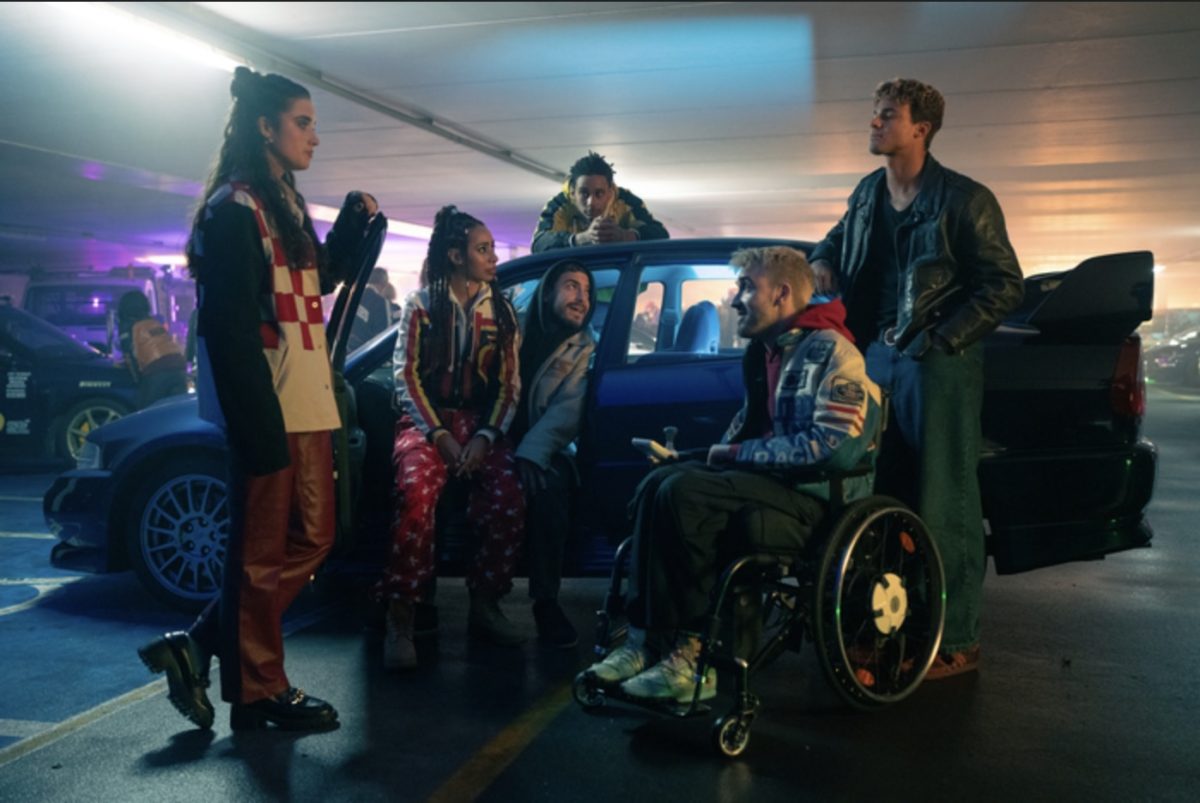



Olivia Hallinan-Gan • Dec 6, 2024 at 12:27 pm
Movie of the year!!! Love this review; so insightful and engaging. Even after seeing the film, I still enjoyed every single second of the this review, Maya!